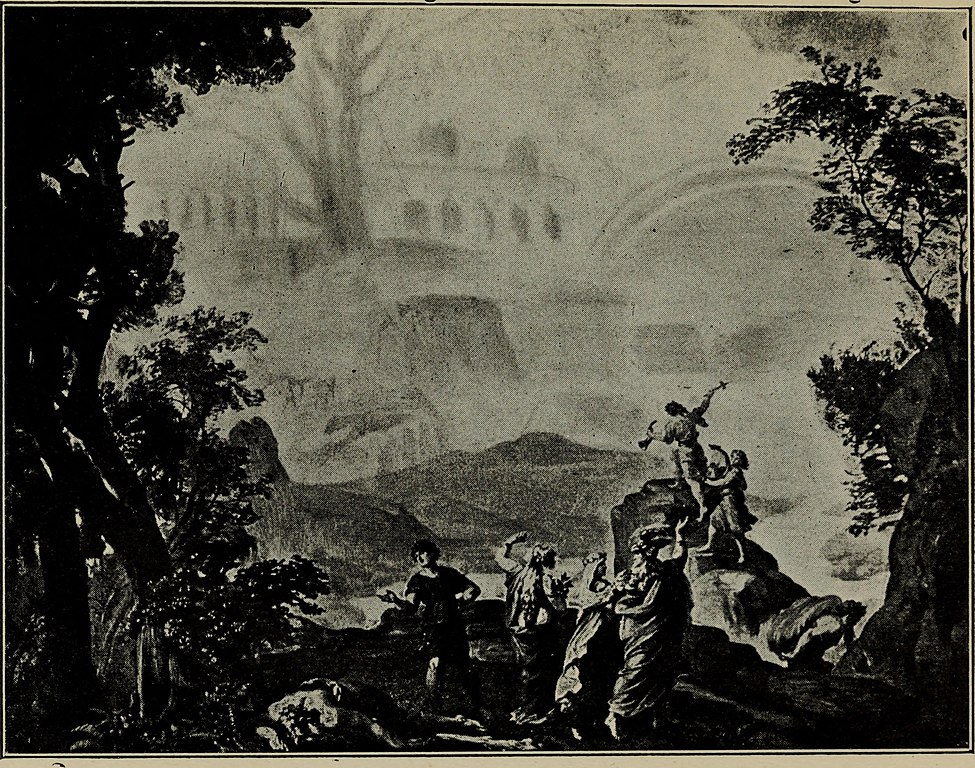Do people with authoritarian values feel more fulfilled in life?

- Studies have shown that there is a connection between authoritarian values and meaning in life.
- The writings of authoritarian leaders and radical revolutionaries routinely connect politics with purpose.
- Authoritarian regimes often come with all-encompassing worldviews attached, giving followers a false sense of understanding.
Whenever scholars try to understand the rise of authoritarian regimes, they often focus on what psychologists refer to as “negative affect.” The way they see it, Adolf Hitler was elected chancellor of Germany not because he promised to rebuild Germany from the ruins of the First World War, but because he tore open an old wound, channeling resentment people felt when they looked back on this period into a new, even more destructive conflict.
The Russian journalist Ilya Ehrenburg put it more succinctly still. In an essay titled “About Hatred,” Ehrenburg tried to explain to his fellow Bolsheviks that the invading Nazis were not people but demons. Put precisely, they were “murderers,” “executioners,” “moral freaks,” and “cruel fanatics” who fought not for a cause, but simply because the desire to destroy — what Freud called the Thanatos or death drive — was lodged in their blood.
Although the sentiment behind these claims is certainly justified considering the atrocities Hitler and his followers committed, the explanations themselves are not really all that useful. As long as we write off authoritarians — and terrorists — as the incarnations of absolute evil, we will fail to understand where they come from and why their kind keeps rearing its ugly head throughout the course of history.
These are by no means easy questions to answer, but every so often an academic book or scholarly article pops up that manages to recontextualize all previous studies. In this case, as many as five separate studies indicate that authoritarian values have more to do with positive than negative affect, and that dabbling in them makes people feel as though they have found a sense of meaning and purpose in their lives.
The relationship between authoritarianism and meaning
Before we dive deeper into the implications of these studies, let’s take a closer look at their discoveries. The first, a survey that used over a thousand participants, showed that even entertaining authoritarian ideas resulted in people perceiving a greater degree of meaning in their life. Another study, this one with double the participants, showed that reading speeches from authoritarian leaders including Hitler caused people to feel less positive affect, more negative affect, and a stronger sense of meaning.
Two subsequent surveys looked at how reading authoritarian, egalitarian, and neutral, controlled passages altered the mood of their participants. Both found that, while egalitarian messages improved people’s moods, authoritarian ones led to higher meaning in life.

The fifth and final study achieved the same results but with Canadian test subjects, indicating that the connection between authoritarianism and meaning isn’t limited to any particular country or culture.
Although these surveys showed researchers that there is indeed a relationship between authoritarian values and meaning in life, they did not give them much insight into how this connection works on either a social or a psychological level. That said, by relating these data-driven statements to the treatises of historians and culture critics, we may be able to take the final step in this investigation by ourselves.
Worldview vs. Weltanschauung
While there can be no denying that Hitler’s rampant anti-Semitism and xenophobia played a fundamental part in his journey to become chancellor, these things alone do not help us make sense of the Second World War. For every historian laying the blame with our impulse for death and destruction, another interprets Hitler’s meteoric rise as the unfortunate outcome of a much more sympathetic aspect of human nature: our longing to understand the world.
“He who would live,” Hitler once claimed, “must fight. He who doesn’t wish to fight in this world, where permanent struggle is the law of life, has not the right to exist.” This quotation, taken directly from the pages of Mein Kampf, perfectly encapsulates the ideology which Hitler constructed across his writing and speeches. Just as important as his individual ideas is the notion that all these ideas come together to produce a clear, complete, and seemingly unequivocal description of how the world works when you look below the surface.

The word scholars use to describe this is Weltanschauung, defined by Hitler in a 1933 speech he delivered to the NSDAP Congress on Culture as “a certain premise” on which “the foundation for any and all actions” are built. A clearer definition can be discerned from looking at the term itself, which is made up of Welt, meaning “world,” and a derivativeof the verb schauen, which means “to behold.”
The end result — which should read something like “to behold the world” — is decidedly different from its most common English translation of “worldview.” Where the English word involves proactively making sense of your surroundings, the German word evokes the image of a play, one where the story is set in stone and need only to be witnessed by passive onlookers after they first suspend their disbelief.
From political support to religious zeal
The Third Reich had its eyes set on world domination. Its Weltanschauung served as both a prediction of the country’s victorious destiny as well as a lackluster justification for the crimes against humanity they had to commit along the way. But the Nazis weren’t the only people with a mission. To the east, the communists in charge of the Soviet Union had been polishing their own, equally compelling historical narrative for several decades.
Whereas the Nazis based their depiction of modern life as a perpetual struggle between cultures and Darwinian survival of the fittest, the Bolsheviks turned to the writings of Karl Marx and Friedrich Engels who, by analyzing economic developments across centuries, dreamed of a future in which mankind would reunite under the banners of a socialist revolution. While Marx and Engels saw this revolution as one of several potential outcomes, Vladimir Lenin made a few changes to the script to make it seem as though it was actually inevitable.

The unwavering devotion that Russia’s revolutionaries had to the Marxist worldview often bordered on religious zeal. Though this zeal emanates from their official speeches, its purest form can be found in their private writings. Remembering a “secret” meeting he attended with similarly minded students during his teenage years, the Bolshevik Aleksandr Arosev described his relationship with Marxism as follows:
“I don’t know about the others, but I was in awe of the tenacity, durability, and fearlessness of human thought, especially that thought within which – or rather beneath which – there loomed something larger than thought, something primeval and incomprehensible, something that made it impossible for men not to act in a certain way, not to experience the urge for action so powerful that even death, were it to stand in its way, would appear powerless.”
Looking over these quotations, the connection between authoritarian values and meaning in life seems not only to be real but more powerful than the numbers in those aforementioned studies indicate.





